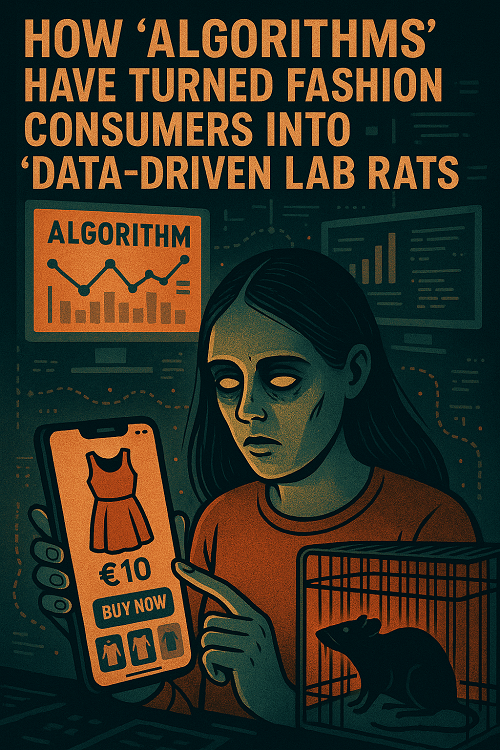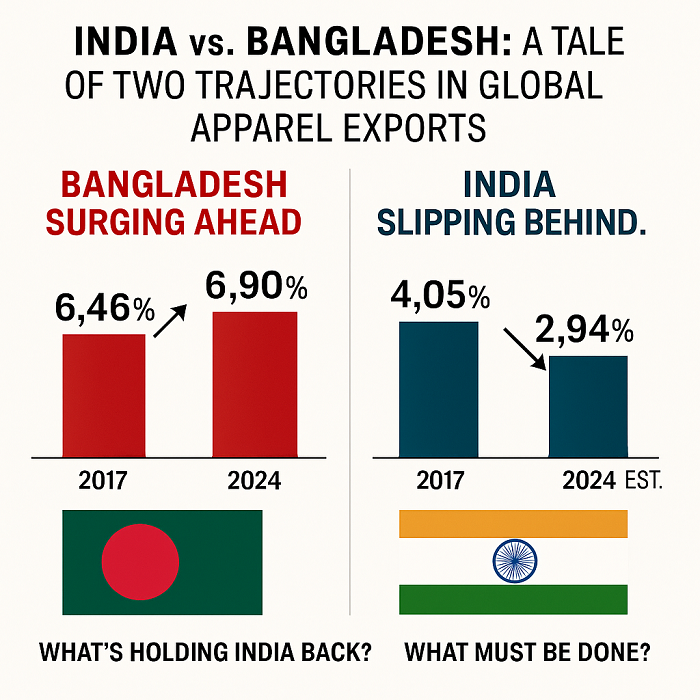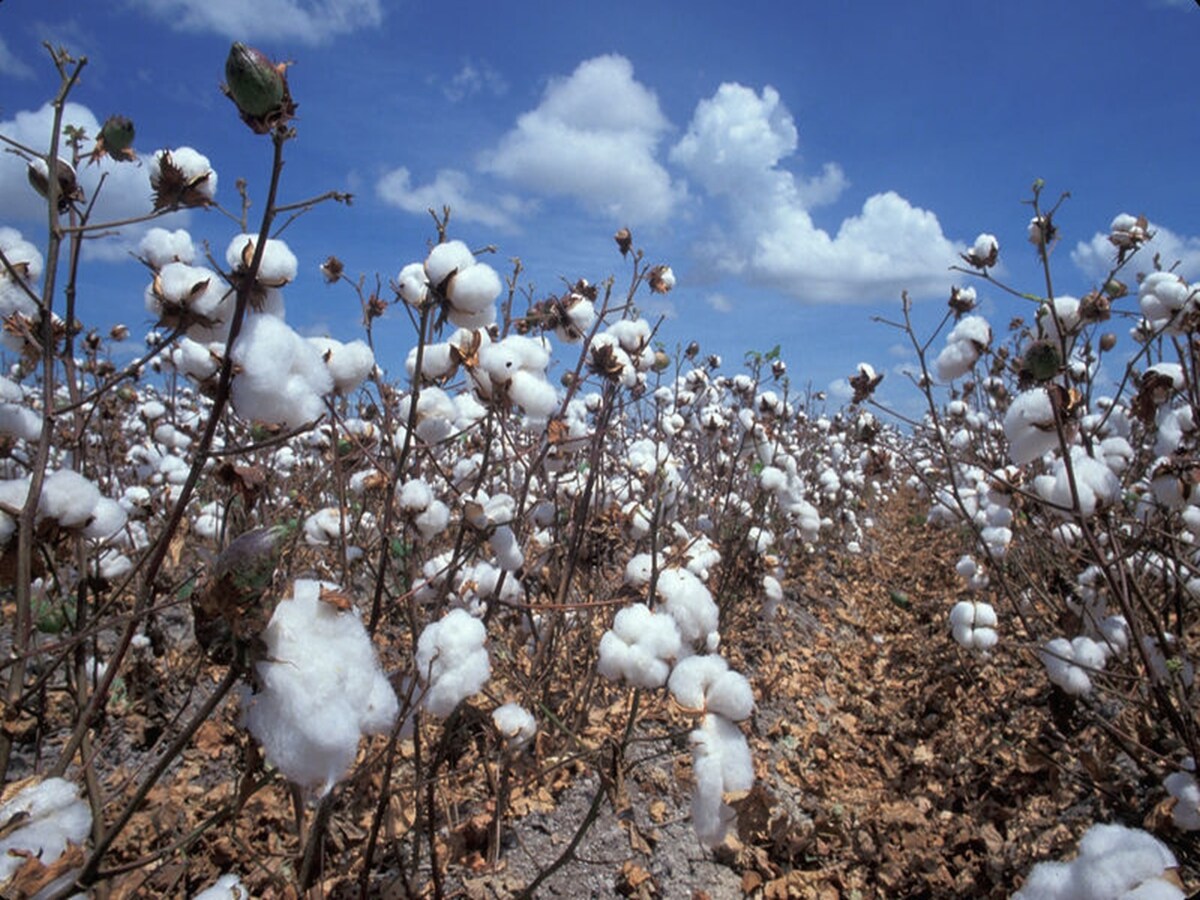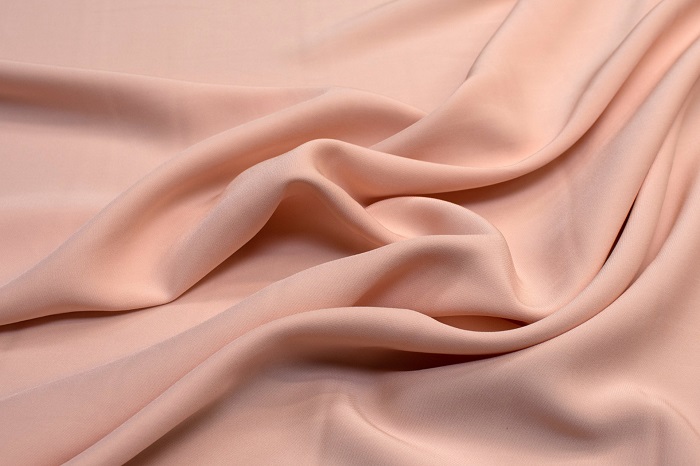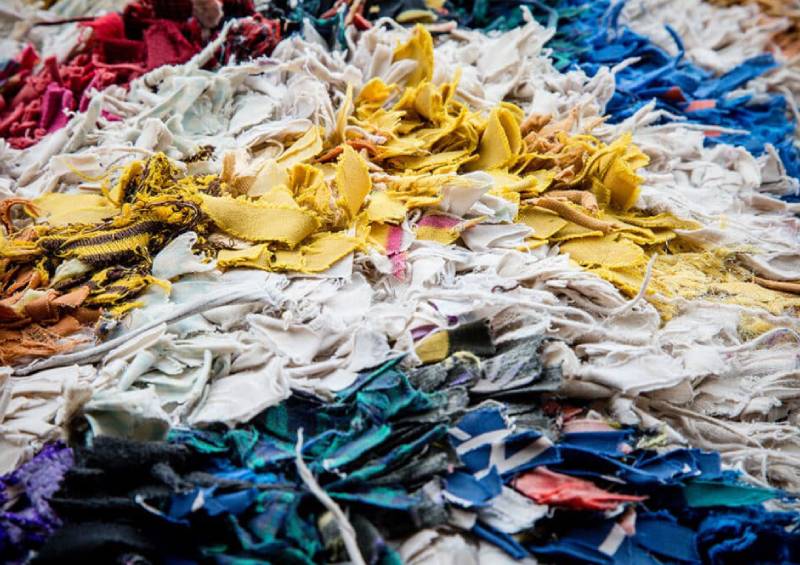FW
A rise in year-end demand along with favorable global economic trends have brightened the outlook for Vietnam’s textile and apparel sector which aims to achieve exports worth $47–48 billion in 2025.
In 2024, driven by a shift in orders from competitors like China and Bangladesh, and declining inventory levels in key markets such as the US, EU, and Japan, Vietnam’s textile and apparel exports increased by 11.2 per cent to $44 billion. However, despite this positive outlook, the sector continues to face challenges like the need for stricter sustainability standards in the EU and US and rising competition in Comprehensive and Progressive Agreement for Trans-Pacific Partnership (CPTPP) markets. To navigate these hurdles and capitalise on the emerging opportunites, the industry needs to accelerate investments in new technologies, opines Vu Duc Giang, Chairman, Vietnam Textile and Apparel Association (VITAS).
Textile and apparel companies in Vietnam also need to penetrate new markets like the Middle East and South America, adds Nguyen Xuan Duong, Chairman, Hung Yen Garment Corporation (Hugaco). They need to invest in automation besides accelerating digital transformation, adopting greener practices and reducing costs to improve product quality and competitiveness, he states.
Many firms in Vietnam have bagged confirmed orders through Q1 2025, with negotiations extending into the latter half of the year. This renewed consumer demand is being driven by recovering export markets, particularly in the US, notes Le Tien Truong, Chairman, Vietnam National Textile and Garment Group (Vinatex). Political instability in competing nations such as Bangladesh and Myanmar is also helping Vietnam capture shifting orders.
To sustain growth, Vietnam needs to manage input costs, optimise labor resources and respond to fluctuating exchange rates, adds Truong. Firms need to also embrace sustainability, digitalisation, and automation to meet evolving buyer expectations, he affirms.

China's textile and apparel exports in the first three quarters of 2024, was mixed, with growth slowing down in the latter part of the year. While the overall export value increased by 0.5 per cent year-on-year to $238.55 billion, the momentum weakened in the third quarter, particularly in September.
Key trends
Total export value increased by 0.5 per cent year-on-year to $238.55 billion in the first three quarters of 2024. In terms of market share, in the four traditional markets of ASEAN, US, EU, Japan, China still dominates accounting for 53.2 per cent of total exports.
Exports to the US increased by 5.7 per cent year-on-year, with a rebound in the economy and easing monetary policy. Exports to ASEAN grew by 6.1 per cent year-on-year, benefiting from the region's economic recovery, especially in Vietnam and Cambodia. However, at 2 per cent year-on-year exports to the EU was not much, despite a weak economic recovery. On the other hand exports to Japan declined by 9.9 per cent year-on-year, due to economic recovery, declining inbound tourism, and high inflation.
In terms of products, knitted and woven apparel exports increased by 4.6 per cent year-on-year, while yarn and fabric exports to ASEAN grew by 10.8 per cent. However, geopolitical uncertainties, exchange rate fluctuations, and weakening demand from emerging markets pose significant challenges for the future.
Data Table: China's Textile and apparel exports by market (Jan-Sep 2024)
|
Market |
Export value ($ billion) |
Year-on-year change (%) |
|
ASEAN |
38.82 |
6.1 |
|
US |
37.78 |
5.7 |
|
EU |
30.09 |
2 |
|
Japan |
11.82 |
-9.9 |
|
Belt and Road Countries |
118.55 |
-0.4 |
China's textile and apparel exports were impacted by a combination of factors, including global economic conditions, geopolitical tensions, and domestic policies. The strong performance in the first half of the year was primarily driven by a recovery in key markets like the US and ASEAN. However, the slowdown in the third quarter reflects the challenges posed by weak demand in some emerging markets and rising geopolitical uncertainties.
To maintain its position as a global textile and apparel powerhouse, China needs to focus on product innovation, value addition, and diversification of markets. Additionally, addressing challenges related to labor costs, environmental sustainability, and intellectual property rights will be crucial for long-term growth.
The European Life Anhidra project has launched an innovative closed-loop system to revolutionize water management in the textile industry. At the Pizarro facility in Guimaraes, Portugal, key partners Jeanologia, Aitex, and Pizarro, alongside European Commission representatives, showcased Anhidra’s potential to reduce water consumption and improve sustainability.
Jeanologia, a leader in sustainable textile technologies, developed the system, which can regenerate up to 95 per cent of water used in textile washing and finishing. Anhidra offers remarkable results, including a 92 per cent reduction in water consumption, a 98 per cent decrease in wastewater, and up to 15 per cent energy savings.
The system eliminates the need for complex treatments, ensuring zero discharges and contamination. This not only minimizes environmental impact but also cuts operational costs, positioning Anhidra as a competitive solution for the industry.
Beyond water savings, the project focuses on circular economy practices. In collaboration with Aitex, it is exploring ways to reuse fibrous waste collected during water treatment to create new textile products. Vicent Albert, Jeanologia’s Product and Technology Director, highlighted the system’s role in demonstrating that sustainability and competitiveness can work together, establishing a new standard for the global textile industry.
Attendees at the launch event observed a live demonstration at Pizarro’s pilot plant and discussed the system’s technical and economic impact. Manuel Pizarro, CEO of Pizarro, highlighted Anhidra’s transformative role, calling it ‘a sustainable, efficient, and essential solution’ for resource-intensive industries.
Over the next five years, Anhidra aims to expand globally, with plans to install the system in 100 facilities, potentially saving 12.34 million cubic meter of water annually. Funded by the EU’s Life program, the project underscores how collaboration and innovation can address critical environmental challenges in the textile sector.
Design Inspire organized by HKTDC and co-organized by HKDC, will be held from December 5-7 at the Hong Kong Convention and Exhibition Centre. With the theme ‘Design for a Better Tomorrow,’ the event offers free admission and features over 200 exhibitors from Hong Kong, Mainland China, France, Japan, and more.
A key highlight is a collaboration with Maison&Objet, focusing on Sino-French craftsmanship. The ‘Nature, the Muse’ exhibition, curated by Jiang QiongEr, will showcase 21 artisans from France and China, emphasizing cross-cultural design.
Local designers will also shine in the ‘Future Archive’ exhibit, curated by Chilai Howard, featuring creative partnerships such as Steve Leung with Chris Cheung, and Kan Tai-keung with Li Ning. Interactive art tech installations by Pei Chung and moon.noon will engage visitors, blending traditional and modern elements.
A pre-tour on December 4 will provide media access to installations, including a full-scale red minibus and neon art displays. Through workshops, exhibitions, and networking, Design Inspire aims to foster collaboration and enhance Hong Kong’s position as a cultural exchange hub.
The 14th Business of IP Asia Forum (BIP Asia Forum) and the 16th Entrepreneur Day (E-Day) will be held concurrently on December 5-6 at the Hong Kong Convention and Exhibition Centre. Organised by the Hong Kong SAR Government and the Hong Kong Trade Development Council (HKTDC), the events will feature forums, exhibitions, workshops, and business matching sessions.
John Lee, Chief Executive of the HKSAR, and Hu Wenhui, Deputy Commissioner of the China National Intellectual Property Administration, will speak at the opening ceremony. Themed ‘Reimagining IP for Impact and Growth,’ BIP Asia Forum will explore IP’s role in innovation and economic development. Representatives from Xiaomi, Hong Kong Disneyland Resort, and Peninsula Merchandising Limited will discuss IP strategies.
The revamped Global Tech Summit will focus on AI’s industry impact. The Innovation and IP Market exhibition will highlight “Smart City Innovation” with over 60 exhibitors.
E-Day, themed ‘Where Start-up Dreams Take Flight,’ will showcase 320 start-ups and inventor projects. Notably, the event will feature pavilions from Thailand and Australia. ‘Start-up Express International’ will return with global start-up award winners sharing insights.
Additionally, the HKSAR’s Digital Policy Office and HKTDC’s InnoClub will spotlight local innovations and celebrate member achievements.
Archroma, a global leader in sustainable chemical solutions, will present its latest denim innovations at two major events in December. The company will highlight its revolutionary Denim Halo pretreatment and dyeing process for laser-friendly, easily washable denim at the Sustainability Talks in Istanbul, Turkey, and Denim Premiere Vision in Milan, Italy.
The Denim Halo process uses Archroma's Dirsol RD pretreatment combined with Denisol indigo dyes and sulfur dyestuffs to create laser-friendly denim with popular distressed effects. This technology reduces yarn shrinkage and improves garment strength while minimizing environmental impact by eliminating harmful processes such as potassium permanganate spraying and reducing caustic soda use.
At Denim Premiere Vision, Archroma will partner with Kipaş Denim and Jeanologia to launch a joint hangtag for the Kipaş Denim Contra Denim collection. This collection, based on the Denim Halo process, promotes cleaner dyeing techniques that save water, energy, and reduce greenhouse gas emissions, all while creating stunning, and long-lasting distressed looks.
Umberto De Vita, Archroma’s Market Segment Director for Denim, highlighted that denim continues to be an exciting market as brands push the boundaries of sustainability and aesthetics. He emphasized that Archroma’s Planet Conscious+ approach supports customers in adopting cleaner, resource-efficient processes while also improving productivity.
Archroma will be at Booth 20 at the Hilton Istanbul Bomonti Conference Center for Sustainability Talks on December 3, and at Booth C14 at Superstudio Piu in Milan for Denim Premiere Vision on December 4-5. Experts from Archroma will share insights on sustainable denim innovations during both events.
The Global Fashion Agenda (GFA), in collaboration with Deutsche Gesellschaft fur Internationale Zusammenarbeit (GIZ) and the H&M Foundation, has unveiled the Upstream Circularity Playbook, a comprehensive guide designed to foster sustainable change in garment manufacturing. Available in six languages, the Playbook offers a practical, step-by-step approach tailored for garment manufacturing regions to help scale circular business models by effectively managing post-industrial textile waste.
The Playbook provides stakeholdersincluding manufacturers, brands, policymakers, and investorswith essential tools to implement circular fashion solutions. It draws on over 20 case studies from countries such as Bangladesh, Cambodia, Indonesia, and Vietnam, showcasing successful collaborations between brands, manufacturers, recyclers, and textile waste collectors. These examples illustrate how circularity can be scaled across diverse global contexts, emphasizing the importance of collaboration across the entire value chain.
The guide highlights opportunities for textile-to-textile recycling, aiming to reduce dependency on virgin resources. For instance, in Bangladesh, embracing textile recycling could unlock up to $4 to 5 billion annually through recycled product exports, yet limited recycling infrastructure poses a challenge. The Playbook offers practical solutions for segregating waste, leveraging digital traceability platforms, and matching waste with appropriate recycling technologies to enhance material recovery.
Federica Marchionni, CEO of GFA, emphasized the Playbook's potential as a crucial tool for embedding circularity worldwide. She highlighted its role in helping manufacturing regions develop the necessary infrastructure to scale recycling efforts and drive systemic change.
The Upstream Circularity Playbook aligns with the Scaling Circularity Report, which suggests that current recycling technologies could enable up to 80 per cent circularity in fashion. The Playbook thus provides a roadmap for reducing cotton imports and fostering long-term sustainability by using recycled materials in garment production.
Openly accessible, the Playbook invites stakeholders to collaborate and share feedback, aiming to accelerate the global shift towards a circular fashion system.
Reflecting the brand’s commitment to circular fashion and sustainable design, Burberry has launched its new Remake capsule, a childrenswear collection of over 30 designs crafted primarily from surplus fabrics and yarns from past collections.
The capsule features miniature outerwear, jersey hoodies, sweatshirts, and mouliné knits, which can be paired with contrasting check shorts or kilts. A few of its selected items include a Multiple Owners label to promote passing garments down, emphasising longevity and reuse.
The collection also reimagines Burberry’s iconic designs with playful touches. It features a duck emblem, inspired by a 1992 archival design across ready-to-wear items, cashmere-blend socks, and a baby gift set comprising a cashmere hat and sweater. Further embracing the collection’s sustainability values, the Thomas Bear teddy designed is reimagined in a patchwork version.
Burberry has also launched a new campaign, ‘Wrapped in Burberry’ featuring the Remake capsule. The campaign features seasonal portraits and videos celebrating the brand’s festive spirit. The brand has transformed its surplus materials into a new collection through its dedication to circularity, says Caroline Laurie, Vice President-Corporate Responsibility.
The Autumn/Winter 2025 edition of Scoop returns from February 9-11, 2025, at Olympia West, Kensington, promising a vibrant curation of British and international designers. Scoop’s Founder and Managing Director, Karen Radley, emphasizes the event’s immersive, inspirational experience tailored for influential buyers seeking standout collections across womenswear, accessories, homeware, and scent-care.
Radley emphasized that Scoop is more than just a trade show, describing it as a meticulously curated platform designed to showcase visionary creators and tastemakers. She highlighted the event’s diverse lineup, featuring a blend of emerging talents and well-established designers.
Debuting at Scoop, Beatriz Furest blends family tradition with modern trends, offering handcrafted clothing and accessories from sustainable materials in Spain. Brenda Knight, a British designer, brings luxurious sheepskin, suede, and leather garments featuring vintage-inspired hand-embroidered details, crafted in her New Delhi workshop.
French brand Suncoo showcases Parisian chic with vibrant prints and timeless cuts, while Spain’s Siyu highlights artisanal ready-to-wear collections rooted in natural fabrics and bold patterns. Footwear brand Augusta offers refined European craftsmanship, including elegant loafers, ballet pumps, and ankle boots.
Jewellery brand Gas Bijoux, renowned since 1969, presents its Cophea collection, inspired by marine mesh, featuring gold and silver-plated pieces handcrafted in Marseille. Sustainable scent-care brand Re-Eau debuts unisex fragrances inspired by Brazil’s natural beauty. Orelia introduces its Mayfair collection, emphasizing modern, stackable jewellery. Maison Laulhere, a historic French beret maker, showcases artisanal pieces crafted from Merino wool.
Scoop’s A/W 25 edition provides buyers an engaging platform to explore exclusive collections and connect directly with designers, celebrating innovation and craftsmanship.
The Lenzing Group, a global leader in wood-based specialty fibers, hosted its exclusive Lenzing Conclave at Cj’s, ITC Grand Mumbai. The event brought together brands, garment manufacturers, and trade experts to explore Lenzing’s innovative fiber solutions across categories like fashion knits, intimate wear, fashion wovens, and denim.
Key highlights included Lenzing’s sustainable fibers-LenzingLyocell A100, LenzingLyocell LF, and LenzingEcovero. LenzingLyocell A100 stood out for its silk-like softness and sheen, offering a luxurious alternative for premium fabrics.
LenzingLyocell LF impressed attendees with its ability to blend seamlessly with cotton, enhancing durability and performance. Meanwhile, LenzingEcoverofibers reaffirmed their eco-friendly credentials, catering to modern sustainable textile needs.
Avinash Mane, Senior Commercial Director for AMEA & NEA at Lenzing, highlighted the company’s dedication to advancing sustainability in textiles. He emphasized that Lenzing’s innovative solutions, such as Lyocell and LenzingEcovero, enable brands to produce high-performance, eco-friendly products by integrating cutting-edge technology with comprehensive industry support.
The conclave also fostered discussions on fiber innovations, marketing support, and supply chain optimization, reinforcing Lenzing’s leadership in sustainable fibers. The event underscored the importance of collaboration in achieving a greener future for fashion.
Lenzing expressed gratitude to all participants and looks forward to future partnerships in advancing sustainability across the textile industry.

